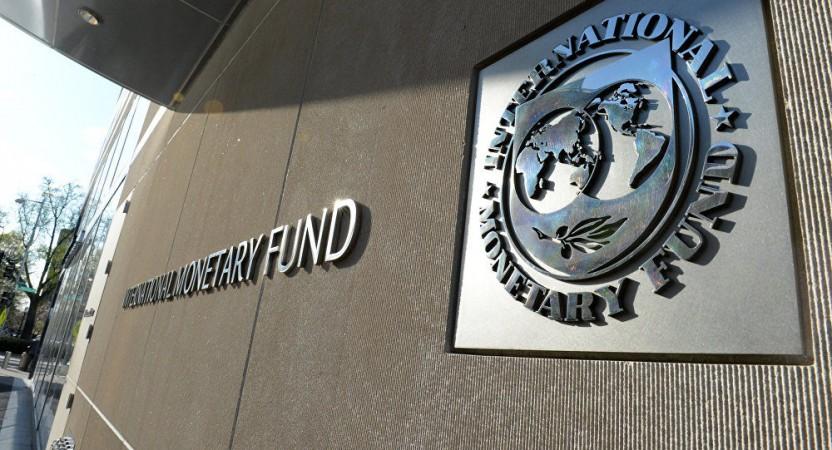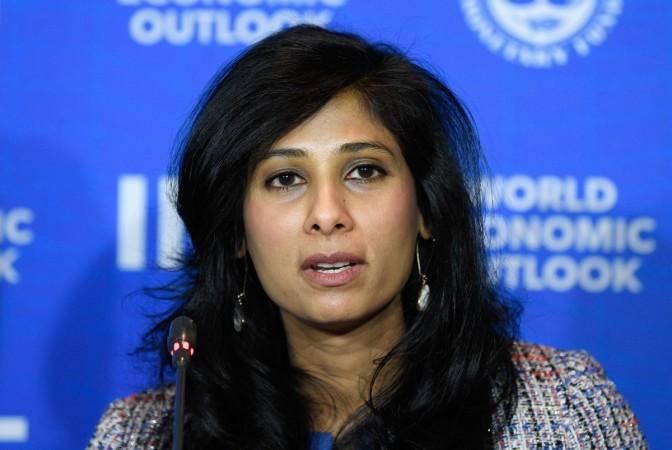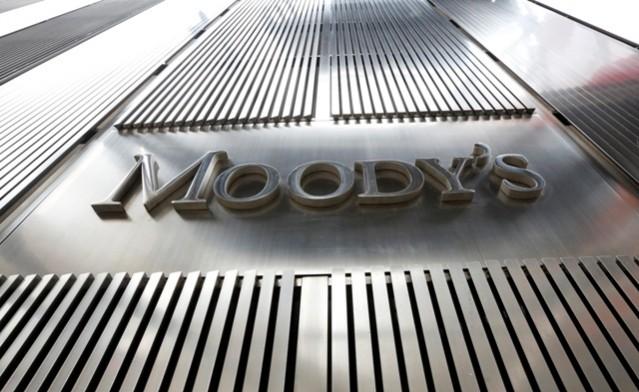
The International Monetary Fund (IMF) is expected to significantly cut the growth estimates of the Indian economy in January. The Washington-based institution had come out with the prediction in October and will be reviewing India's progress estimates in January next month. The predication made in October predicted India to grow at 6.1 per cent in 2019 and 7 per cent in 2020.
However, the Chief Economist of IMF, Geeta Gopinath said that the institution will surely be cutting down the estimates. "India is one of the emerging markets where growth has surprised on the downside," she said. India registered its worst economic growth in the last six years as its economy grew at 4.5 per cent in the July-September quarter. The previous low was recorded at 4.3 per cent in the January-March period of 2012-13.

Global economic slowdown
The statement from the IMF chief has come at the time when Home Minister Amit Shah finally admitting that the country is facing a slowdown because of the conditions in the global economy. Moreover, he also showered praises on finance Minister Nirmala Sitharaman for handling the economy in a "very good manner". "As far as the economy is concerned I have stated it many times that there is a global slowdown and it has been impacting India also," Shah added.
However, global financial institutions and rating agencies are saying otherwise. As per a report in the Financial daily, The Economic Times, International rating agency Moody's Investor Service has also slashed India's FY20 forecast to 4.9%, down from a previous downgrade to 5.8%. The rating agency further added that fiscal measures taken by the Modi led government and the Reserve bank of India (RBI) including corporate tax cut, farmer income support, and monetary policy easing will have a limited effect in stimulating consumption demand. Moody's further highlighted that the slower growth is going to affect the fiscal consolidation which in turn upset India's credit profile. Moody's has also cut India's forecast in FY21 to 6.3% from 6.6%.

Deborah Tan, a Moody's assistant vice-president, and analyst said, "What was once an investment-led slowdown has now broadened into weakening consumption, driven by financial stress among rural households on the back of stagnating agricultural wage growth and constrained productivity, as well as weak job creation due to rigid land and labour laws."














